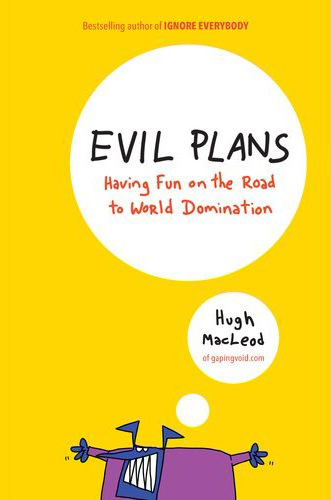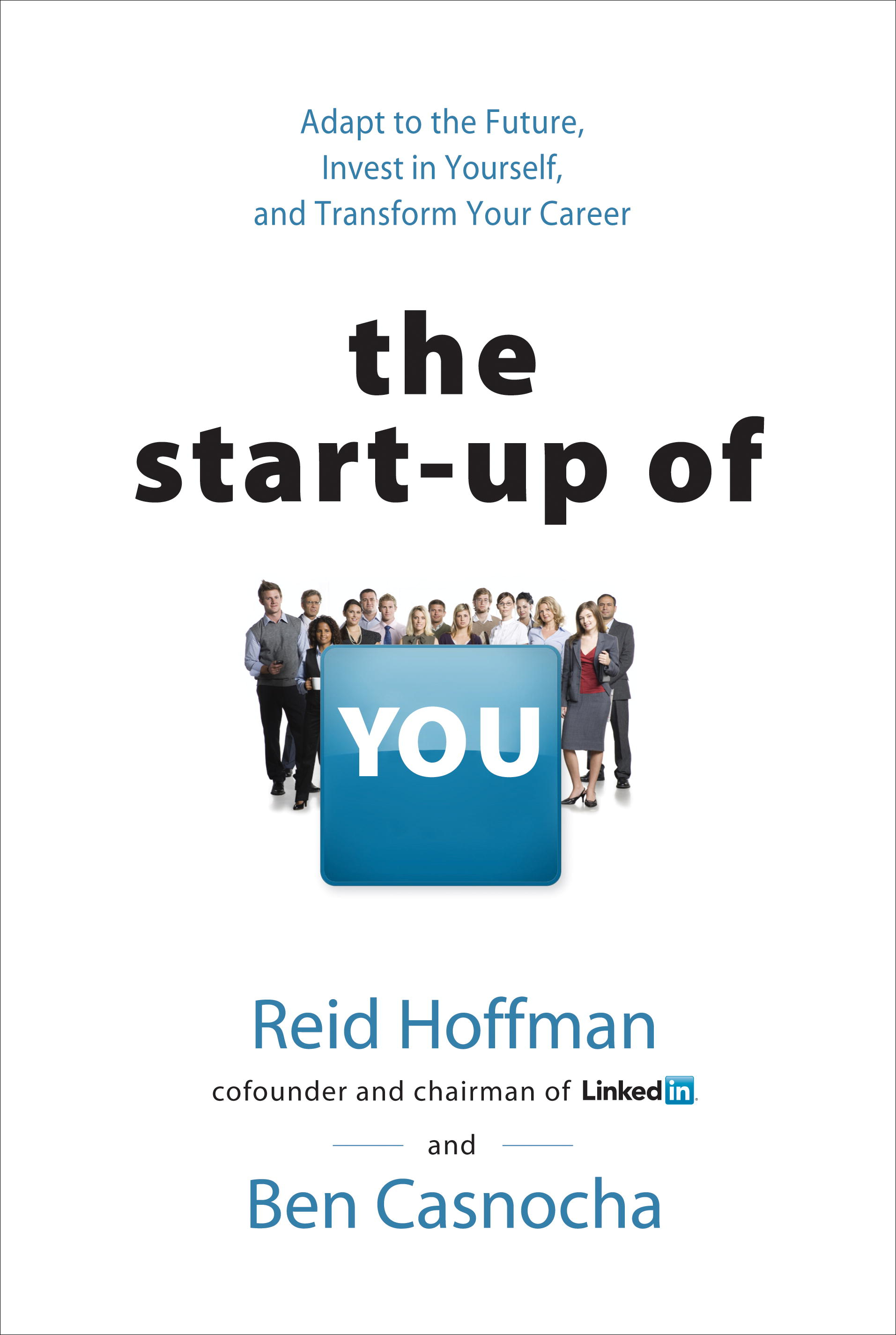
I've always believed that most business books never should have been written. Instead, the ideas in the book could have been summed up in a couple of blog posts or a long-form article. I prefer to digest business content in the form of a blog rather than a book. Too often business books are stuffed with superfluous examples and repetitive fluff in an effort to turn a somewhat simple concept into a 300 page, $14.99 book. Like most people that are apt to read a business book, I don't have the time or the desire to read a lot of fluff.
Hugh Macleod, the blogger, artist, and writer must share this opinion. He's an excellent business writer. He writes a bit like he's paranoid that the reader is going to get bored. He knows how to write books for people that are busy. He makes short and simple points (often with a real life example) and moves onto the next thing. He almost forces you to read faster than you normally would. He did this extremely well in his first book, Ignore Everybody: and 39 Other Keys to Creativity. Ignore Everybody was one of the best business books I've ever read. It's full of insightful ideas that are communicated concisely, without the fluff. I wrote a post on Ignore Everybody a while back where I called out some of the best tidbits. I highly recommend reading Ignore Everybody.
Over the weekend, I finished reading Hugh's latest book, Evil Plans: Having Fun on the way to World Domination. While not as insightful as his first, it's just as inspiring. In short, Hugh asks his readers to develop and act on an Evil Plan. What's an Evil Plan? Hugh sums it up well in this line from the book:
"It has never been easier to make a great living doing what you love. But to make it happen, first you need an EVIL PLAN. Everybody needs to get away from lousy bosses, from boring, dead-end jobs that they hate, and ACTUALLY start doing something they love, something that matters. Life is short."
The book is written with a sense of urgency that suggests that the writer has some personal interest in getting you to move on your plan. Now.
The book is a great reminder that with nothing but a laptop and an internet connection, we all have the power to shape our lives and careers and link up what we do each day with what we love and are passionate about.
If you're looking for a bit of inspiration to get off your butt and start moving on what you love, I'd recommend picking up a copy of Evil Plans. It won't be a waste of time and I guarantee that it'll at least make you challenge whether or not you should be working on what you're working on.

